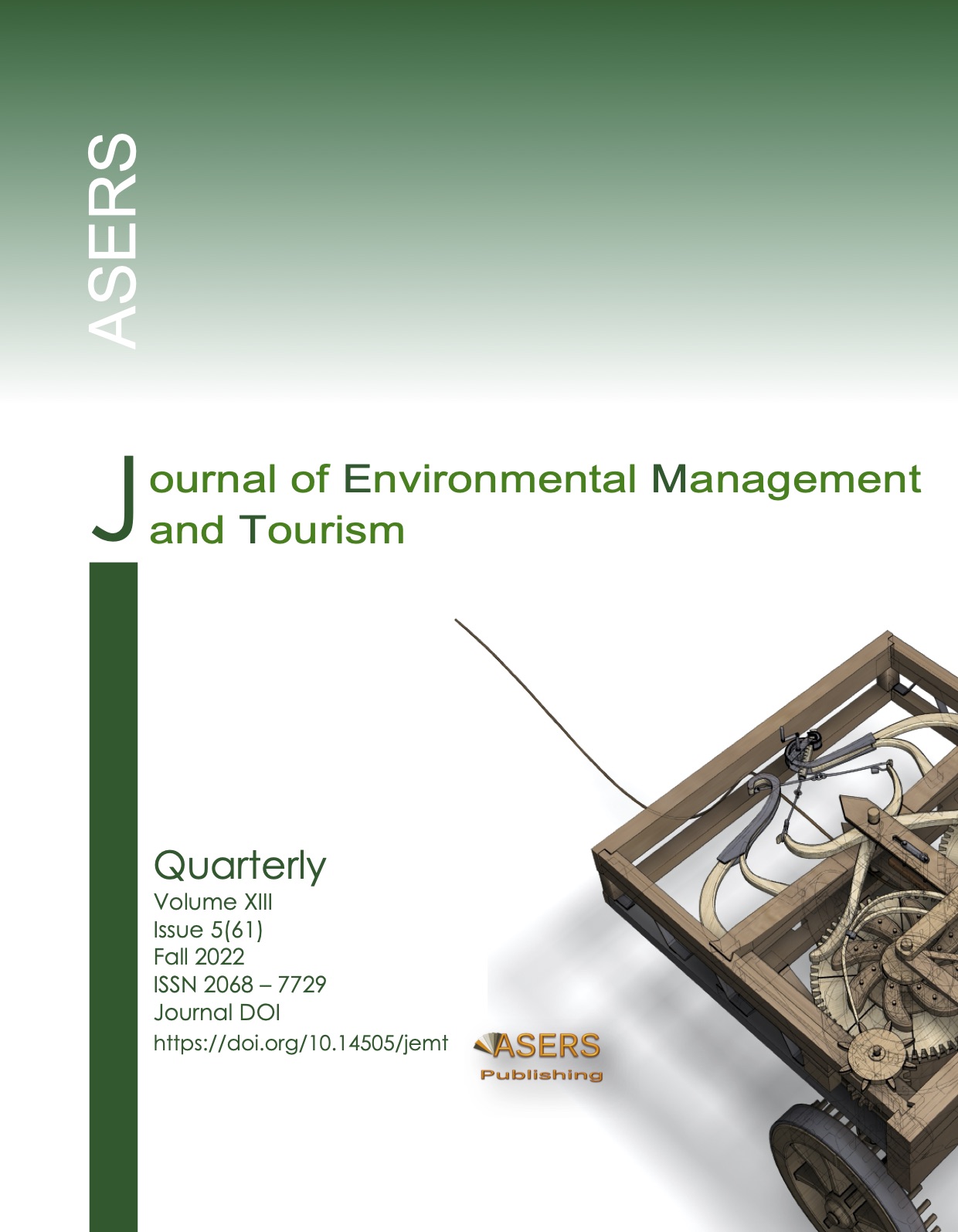Analysis of Village Community Recycle Participation Behavior to Maintain Environmental Quality. Empirical Evidence in Waste Banks in Indonesia
Analysis of Village Community Recycle Participation Behavior to Maintain Environmental Quality. Empirical Evidence in Waste Banks in Indonesia
Author(s): Hadi Sasana, Diah Lutfi Wijayanti, Herbasuki Nurcahyanto, Ivo NovitaningtyasSubject(s): Economy, Evaluation research, Management and complex organizations, Environmental interactions
Published by: ASERS Publishing
Keywords: recycle participation behavior; environmental quality; theory of planned behavior; environmental management;
Summary/Abstract: Community participation in maintaining environmental quality through waste management is very necessary. This study aims to analyze the behavior of recycling participation in the Theory of Planned Behavior (TPB) framework. The object of the research is the village community members of the Resik Apik Waste Bank, Pati Regency, Central Java Province, Indonesia. Data were analyzed using Structural Equation Modeling - Partial Least Square (SEM-PLS). The results of the analysis show that the recycling participation behavior of rural communities with relatively low levels of education is more driven by personal norms, satisfaction with the service provided, and intention to act. Therefore, it is important to encourage the understanding and knowledge of the villagers about recycling to increase their intention and behavior in recycling waste. Indirectly, social norms are significant for recycling participants through personal norms and intentions to act.
Journal: Journal of Environmental Management and Tourism (JEMT)
- Issue Year: XIII/2022
- Issue No: 5(61)
- Page Range: 1416-1424
- Page Count: 9
- Language: English
- Content File-PDF

